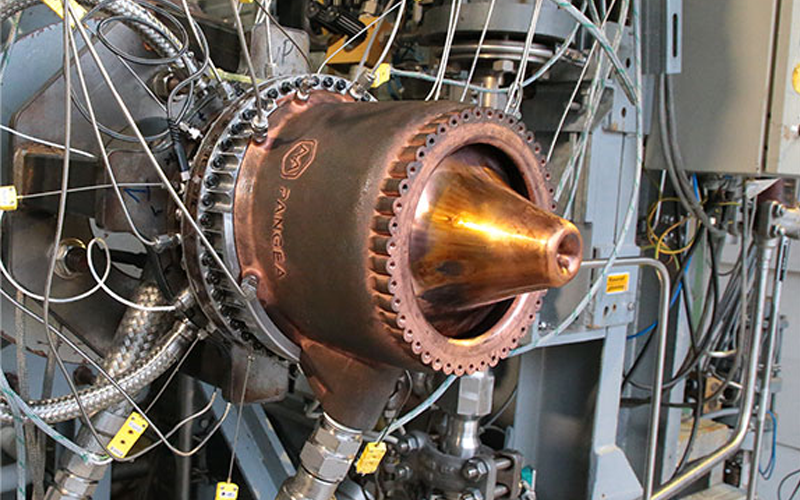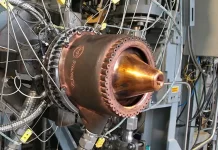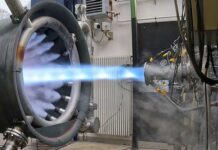
Spanish space propulsion startup Pangea Aerospace has announced that it has entered into a partnership with New York-based launch startup Tehiru.
Tehiru is developing a reusable air-launched rocket that will be capable of carrying 550-kilogram payloads to low Earth orbit. The company has stated this it is working on an “innovative electric landing mechanism” that will be used to recover the rocket following a launch. Tehiru projects that it will be capable of reusing its rocket up to 50 times.
Pangea will supply Tehiru with the company’s 300 kN ARCOS aerospike engines that will power the rocket’s first stage. According to a press release, the partnership “could mean revenues of up to €50M for Pangea Aerospace in the next 5 years.” It’s not clear if the agreement includes any upfront payment. It’s also not clear if Tehiru has raised any significant funding to date.
Tehiru appears to have been founded in 2021. Despite the company being in its second or third year of operation, only six employees are listed on its LinkedIn page. Additionally, the company’s CTO is the only one on its management team with any significant aerospace industry experience, and he lists his involvement in the company on LinkedIn as “part-time”. It would appear, as a result, that the chances of Tehiru generating €50 million in revenue for Pangea over the next five years are unlikely.
When asked for comment on the accuracy of the €50 million figure, Pangea Aerospace CCO Xavier Llairó supplied the following statement to European Spaceflight.
“Tehiru’s launch calendar and proposed cadence show that we could do this revenue when they begin recurrent operations. This agreement helps Pangea show that some players are changing their business model to one with lighter Capex needs and also shows the amount that one small contract could represent. This is the first agreement that we can make public, and we are very excited about it. It demonstrates interest in an actor who is capable of providing high-performance, low-cost, reusable, and highly sustainable solutions.”
If Tehiru has any chance of meeting its own targets and competing in a highly competitive market, a partnership with Pangea is certainly a significant first step. The partnership will allow Tehiru to outsource one of the most labour-intensive elements of developing a new launch system and focus on developing the rest of the rocket.
A new direction for Pangea Aerospace
Until recently, Pangea Aerospace had been developing a small launch vehicle called Meso. The vehicle was to be capable of deploying 400-kilogram payloads into low Earth orbit with a maiden flight targeted for 2024.
However, the company has pivoted to focus on supplying propulsion systems both for rockets and for in-space applications. According to the company, it aims to “generate more than €300M annually by 2030 with these types of services and products.”
In addition to ARCOS, Pangea is also currently working on its U-NYX bipropellant thruster. The thruster is capable of producing up to 1N of thrust and the company plans to offer it as an ideal solution for small satellite propulsion. The company recently began a test campaign for the thruster.



